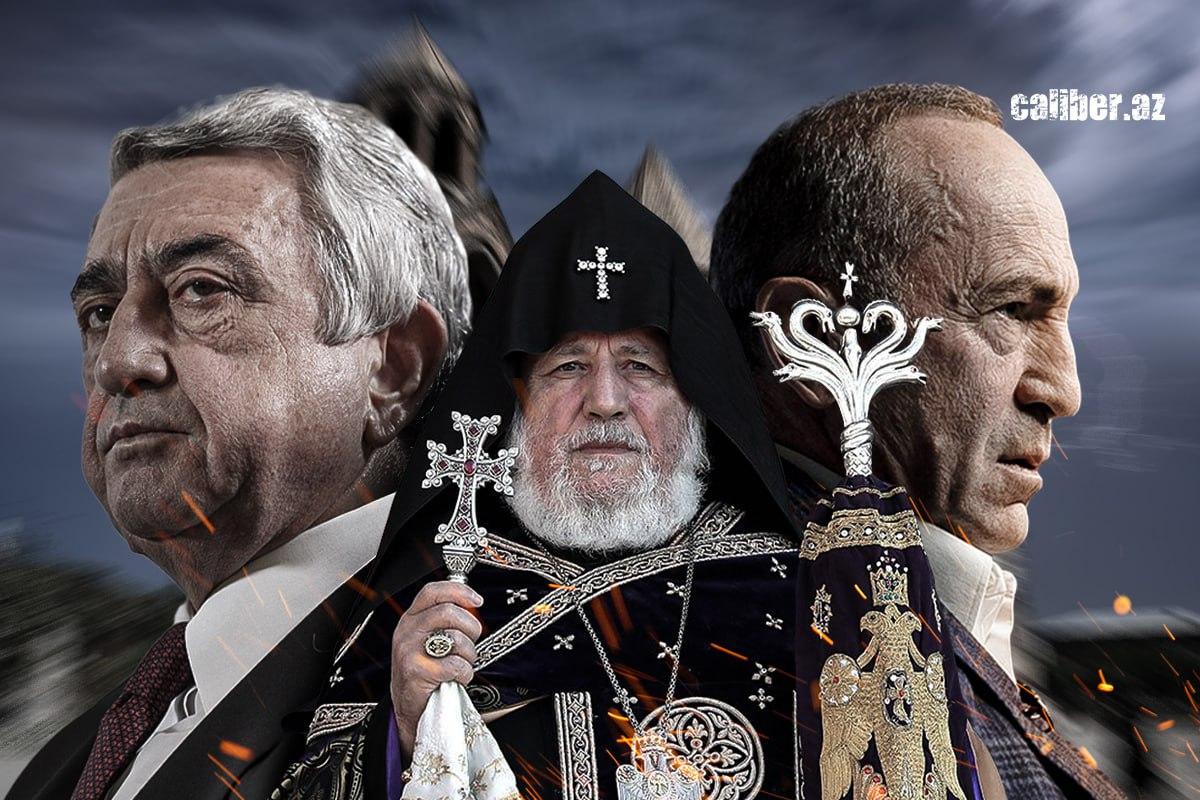Pashinyan’s defence Overview of events in Armenia
The struggle between Armenia’s ruling party and the opposition continues. Arman Tatoyan, the former Armenian ombudsman who has been desperately trying to gain public support and has created the “Wings of Unity” movement, held a press conference. At it, he attempted — as he sees it — to explain the reasons for Armenia’s political deadlock and to take a step toward overcoming it, as well as toward addressing the apathy that, according to him, affects 60–70 percent of Armenian citizens.
According to Tatoyan, as long as the political struggle is framed as “the former authorities versus Pashinyan,” the latter will continue to win. In his view, the public has already made it clear that “the former authorities cannot return to power.” Therefore, their attempts to stage a comeback only strengthen Pashinyan’s position. “I intend to become their voice. And together we will break this closed system that has been poisoning the governance system for at least the past five years,” Tatoyan promises.
In short, Tatoyan is trying to capture a broad spectrum of votes. First, he publicly distances himself from the Karabakh clan, attempting to attract those undecided voters who distrust both Pashinyan and the Karabakh elites.
Second, he seeks to appeal to the electorate of Kocharyan and Sargsyan, persuading them of the futility of supporting these “lame ducks.” To reinforce this message, the former ombudsman also addressed the former presidents with a call: “If you want Nikol Pashinyan to lose, do not participate in the electoral campaign.”

It seems Tatoyan is being positioned as the main political opponent to Pashinyan in next year’s elections. It is possible that Moscow is using Tatoyan as an alternative force, having concluded that Kocharyan and Sargsyan have no chance, and that Russian oligarch Samvel Karapetyan has been removed from the race. By this logic, the signal for the Karabakh elites to withdraw from the electoral campaign may have come directly from Moscow.
And while Karapetyan was careless enough to allow himself to be tied up, Tatoyan operates within the bounds of legality and ethical norms, without insulting anyone or calling for a violent seizure of power. Having served as ombudsman for several years, Tatoyan has earned popularity among a certain segment of Armenian society. Yet he still lacks both the personal charisma and the aura of a change-maker, qualities that the current prime minister possesses in full and that secure his leadership in the polls. Pashinyan is indeed charismatic, and progress in the settlement with Azerbaijan — with tangible results such as the Washington Declaration, the initialling of the peace agreement, calm along the border, and partial reopening of communications — marks him as a leading figure driving necessary, albeit sometimes painful, change.
And it is perhaps these very qualities of Pashinyan that have ensured his success in the struggle with the Armenian Church. Yes, it is still too early to speak of an outright victory, but it can be noted that all political initiatives from Etchmiadzin have been blocked. In 2024, a march on Yerevan, organised by Bagrat Galstanyan, head of the Tavush Diocese, was successfully stopped. In the same year, Galstanyan was even imprisoned. Other church representatives who called for the removal of the legitimate government were also detained alongside him.
All these actions by Pashinyan, as well as the attacks on the Catholicos, did not provoke a storm of outrage in Armenian society. The clearest indicator of support for the government’s anti-church course was the victory of the Civil Contract party in the local elections in Vagharshapat — a consolidated community that includes Etchmiadzin.
Earlier, the prime minister proposed changing the procedure for electing the Catholicos of All Armenians, giving the state a key role in the process, and announced his intention to personally lead a movement to remove him. On the eve of this, Armenian media reported that Nikol Pashinyan had said in a private circle that a group of clergymen had already been formed to work in the authorities’ interests and develop an action plan.
The darkening clouds over Garegin II recently forced him to convene a meeting of bishops. It seems likely that the bishops discussed a reactive rather than proactive agenda — that is, not how to remove the secular authorities, but rather how to preserve their spiritual authority, heavily intertwined with financial interests. If this is the case, it is a major accomplishment for Pashinyan, who has put the Catholicos on the defensive.
In summary, Pashinyan still maintains the upper hand in the struggle against both the opposition and Garegin. However, he must continue — and even intensify — his monumental efforts, on the one hand by enhancing his political appeal, and on the other by thwarting any potential provocations aimed at violently seizing power.








